Isn't the concrete supposed to be non conductive?
It contains water and ions, which makes it slightly conductive. Looking it up on google, I found a resistivity value of \$ \rho = 50-200 \Omega.m \$ depending on humidity content. So, let's count a surface of 20x20cm, or S=0.04 m2 below your feet, and L=0.10m depth to the nearest rebar. That would make \$ R = \rho L/S \$ = 250 ohms. That is of course a very crude estimation, could be 10x less or 10x more, but it should get the order of magnitude right, and this resistance is way too low to be safe. In this case, it's the large contact surface area with the floor that gets you.
Would I be electrocuted?
That depends on your definition of "electrocuted". Get a good jolt and swear? Definitely. You would only die if:
Enough current goes through your heart to trigger fibrillation, in this case it's quick.
Or enough current goes through your arm muscles to prevent you from opening your hand and releasing the object that's electrocuting you. In this case you get barbecued by the thermal effects of electricity. If it lasts more than a few seconds, the bits that got cooked will have to be amputated.
Or, most commonly, you get a good jolt and swear, the RCD trips, and you fall off the ladder and break your neck.
Note this only applies to low voltage (240V). If you poke a high voltage line with a stick, it's a lot more spectacular.
Even if the current flowed to ground, isn't there no connection between earth and live wire? Why would the current go to ground?
Neutral is earthed at the transformer in some countries, and at the electrical panel in the house in others.
The mains tester we use in our home in which we put our finger on the cap and the bulb glows. Is it based on the parasitic capacitance of our body?
Both capacitance and current through your body. It lights up a lot less if you're wearing insulating shoes.


